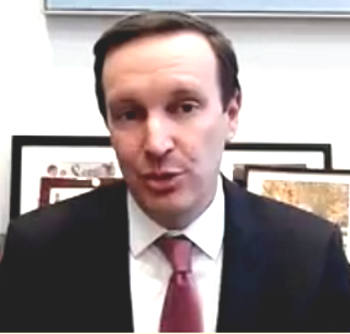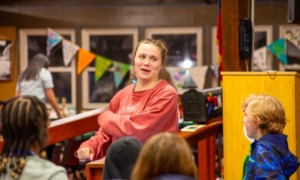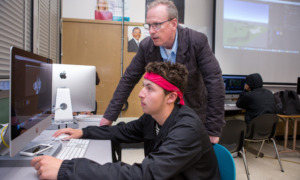 AFRICA STUDIO/SHUTTERSTOCK
AFRICA STUDIO/SHUTTERSTOCK
COVID relief funding from the federal government, if passed into law, will make a historic reduction in child poverty and could also strongly support programs for kids hit hard by pandemic.
The relief bill close to passage in the Senate could provide tax credits that raise the families of 4.1 million children above the poverty level. The proposal originated with President Joe Biden.
“It’s an amazing opportunity for us to take a whack at childhood poverty in this country,” said Sen. Michael Bennet, D-Colo., a former superintendent of Denver Public Schools. He spoke in an online briefing Wednesday convened by Sen. Chris Murphy, D-Conn., and the National Summer Learning Association.
The bill also will provide nearly $130 billion in assistance for K-12 schools, with one-fifth earmarked for academic recovery through means including summer and extended learning programs.
“The past year has been really tough on our kids,” Bennet said, with them cut off from other people and aware they’re falling behind in school. They may be crowded in a small apartment with multiple family members and be spending all day in front of a device, he said.
Research shows students have fallen behind academically, especially students of color and students in poverty.
“This summer is our next and best opportunity to reconnect kids with their school community,” Bennet said.

Screenshot
Sen. Chris Murphy
In the Senate, Murphy is trying to ensure that funding gets to a broad array of summer and extended learning programs. He’s formed a coalition of more than a dozen senators to support a holistic approach to youth program funding.
Kids “have just been absolutely worn down,” he said at the briefing. Funding should focus on academic recovery but also outdoor camp experiences, jobs programs and programs supporting kids socially and emotionally.
“If you told my 12-year-old he’d have to go to summer school after what he’s been through this year he’d run away from home,” Murphy said.
He wants to see a percentage of the school district money earmarked specifically for summer.
If federal funds come with that requirement, it will be easier to convince states to spend their flexible dollars on affordable summer programming, he said.
Aaron Philip Dworkin, CEO of the National Summer Learning Association, noted a debate over whether to prioritize funding for student academic needs or for social and emotional development, physical activities, and enrichment.
“The answer to the question is: all of the above,” he said.
Summer jobs for young people will be at a record low this year, Murphy said, another reason to focus on summer programming that includes jobs, skill-building and other offerings.






























